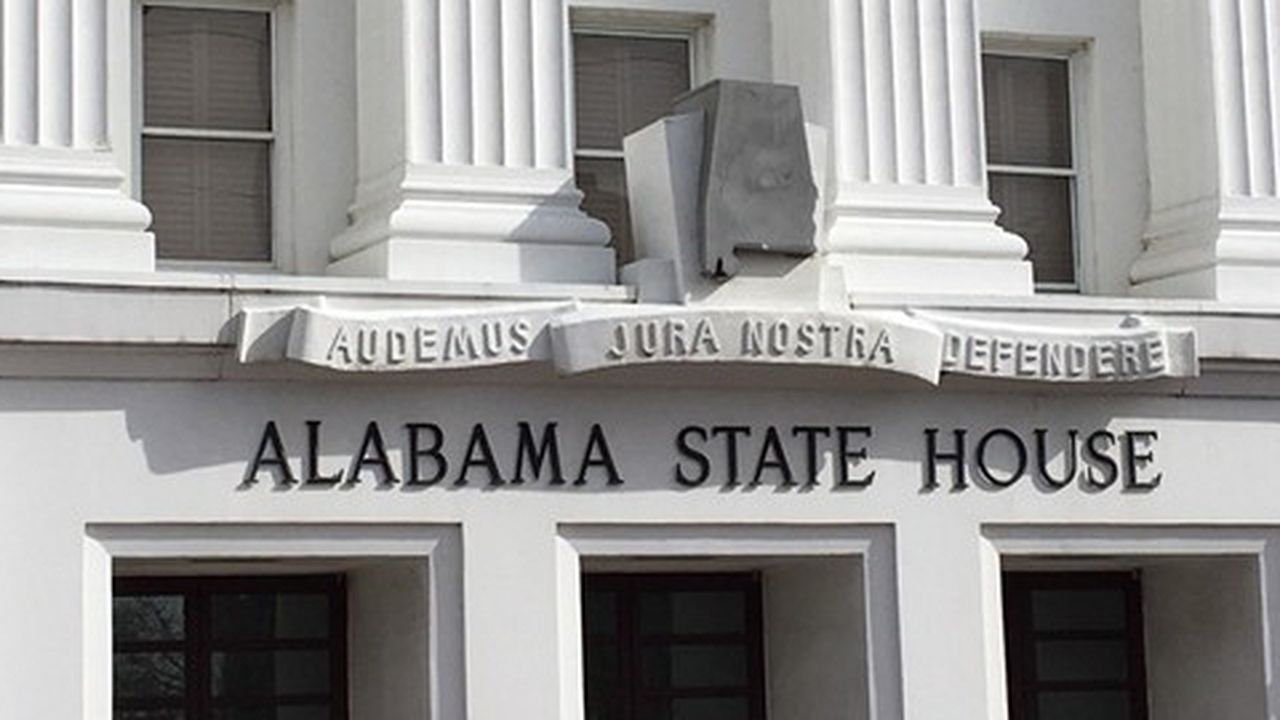Plan for Alabama to spend $1 billion in federal funds faces scrutiny
A plan for Alabama to spend $1 billion in federal funds from the American Rescue Plan Act faces its first hurdle Thursday in the Legislature, which is meeting in a special session to allocate the money.
The bill needs approval from a budget committee in the House of Representatives to move into position for a vote. The committee meets at 9 a.m. today at the State House.
The plan, introduced on Wednesday, applies $339 million for healthcare costs, $400 million for water and sewer projects, $260 million for broadband internet access, and $55 million for multiple purposes such as food banks, senior citizens programs, long-term housing, and summer programs for children. Committee approval would put the plan in line for a vote next week in the House.
The sponsor of the bill, Rep. Rex Reynolds, R-Huntsville, said Wednesday there have been extensive meetings with legislators and believes there is broad support in the House. Reynolds, former police chief in Huntsville, said he expects questions in the Senate, where the bill would go next.
It’s the second and final round of ARPA money the state will receive from the pandemic assistance package that Congress passed two years ago. In 2021 and 2022, the Legislature approved spending the state’s first $1 billion in ARPA funds, with the largest shares allocated to construction of new prisons, expanding broadband access, water and sewer projects, and hospitals, nursing homes, and other healthcare facilities.
Under the new plan, most of the $339 million in the healthcare category would be used for reimbursement for eligible expenses. That would include:
- $100 million to hospitals
- $100 million to nursing homes
- $5 million to state veterans homes
- $40 million to the health insurance program for state employees
- $40 million to the health insurance program for public education employees
Other funds in the healthcare category include $25 million for mental health services, $9 million to expand the use of telemedicine, and $20 million for “a voluntary clinical trial and health care research program to enable greater access to personalized medicine for citizens of Alabama.”
The $400 million for water and sewer projects would include $195 million for projects identified as high-need and eligible for the EPA’s clean water and drinking water revolving funds. Projects that were not funded last year would be priorities, and the Alabama Department of Environmental Management would rank the projects. Another $200 would be used as matching grants for water and sewer projects.
The bill sets aside $5 million for septic systems in the Black Belt, areas of low population density, rural poverty, and/or poor soil perc characteristics. That is intended to address situations where raw sewage is discharged in some communities, and failing septic systems.
Read more: ‘This is unacceptable’: EPA chief visits failing sewage systems in Alabama Black Belt
The bill sets aside $55 million to help various community programs with the impact of the pandemic. Eligible programs include food banks, programs that serve families involved in the child welfare system, domestic violence victim assistance, senior citizens programs, mental health and behavioral analysis programs, long-term housing security assistance, and summer learning and sports programs for school-age children.
